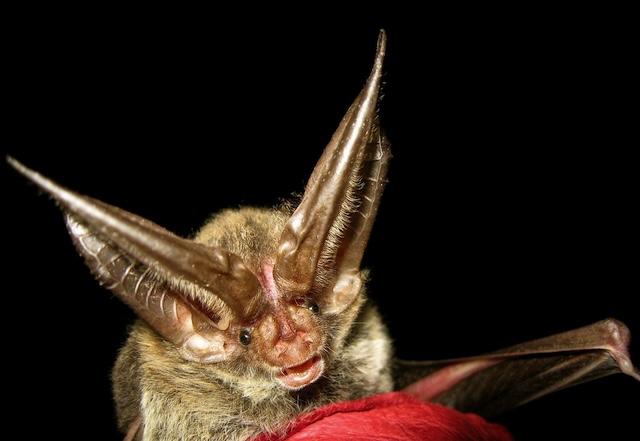Bats play a big role in our food production, and they also help protect us from pesky mosquitoes that transmit diseases. Join the UT Arboretum Society and bat rehabilitator Susie Kaplar at a virtual program on Thursday, January 23, 7 p.m. EST as she presents facts about the plight bats are facing.
Co-sponsored by Tennessee Citizens for Wilderness Planning (TCWP), the program is free, but registration is required to receive the Zoom link and a copy of the recording. Register for this program here under programs. Closed captions are available. Please contact Michelle at mcampani@utk.edu for any questions or registration issues.
“It is extremely important that we protect all bats because, for too long, people think of bats as ‘flying mice’ or ‘little Dracula’s.’ Nothing is further from the truth,” said Kaplar. “It is extremely important that we protect all bats because if we don’t, it will impact us all.”
Kaplar began working with a wildlife rehabilitator when she lived in Northern California. She has been vaccinated for rabies and is able to work with all rabies vector species. Her interest in bats has increased tremendously, and this year, the state of Tennessee has allowed a handful of wildlife rehabilitators to work with bats. She is now a fully licensed and permitted bat rehabilitator. Her organization, Bat Education & Rehabilitation of Grainger County, is a 501(c)(3) nonprofit.
“There have been recent studies on bats which has made me realize how important they are to our human population,” said Kaplar. “I have decided it is up to me to inform as many people as I can about the importance of bats. We need to save as many bats as we can. Between rehabilitation and getting the word out through education programs, it is my life goal to ensure the existence of our bats.”
To learn more about the Arboretum Society, go to www.utarboretumsociety.org.
Melanie Staten is a public relations consultant with her husband, Vince.


Didn’t see the link to register for the bat lecture
It is fixed now. Thank you for the alert.